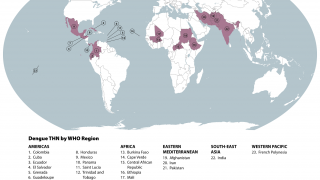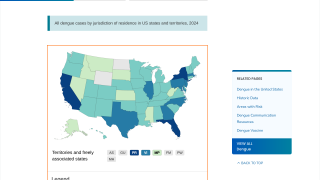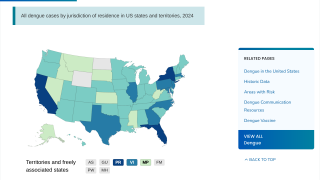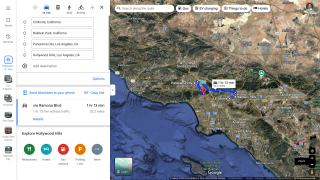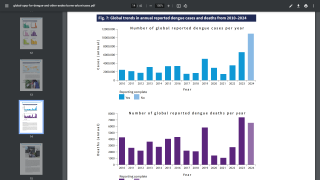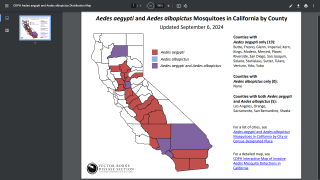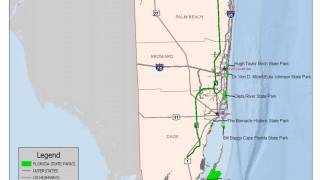Over 2 Million Dengue Cases Reported in Latin America and the Caribbean
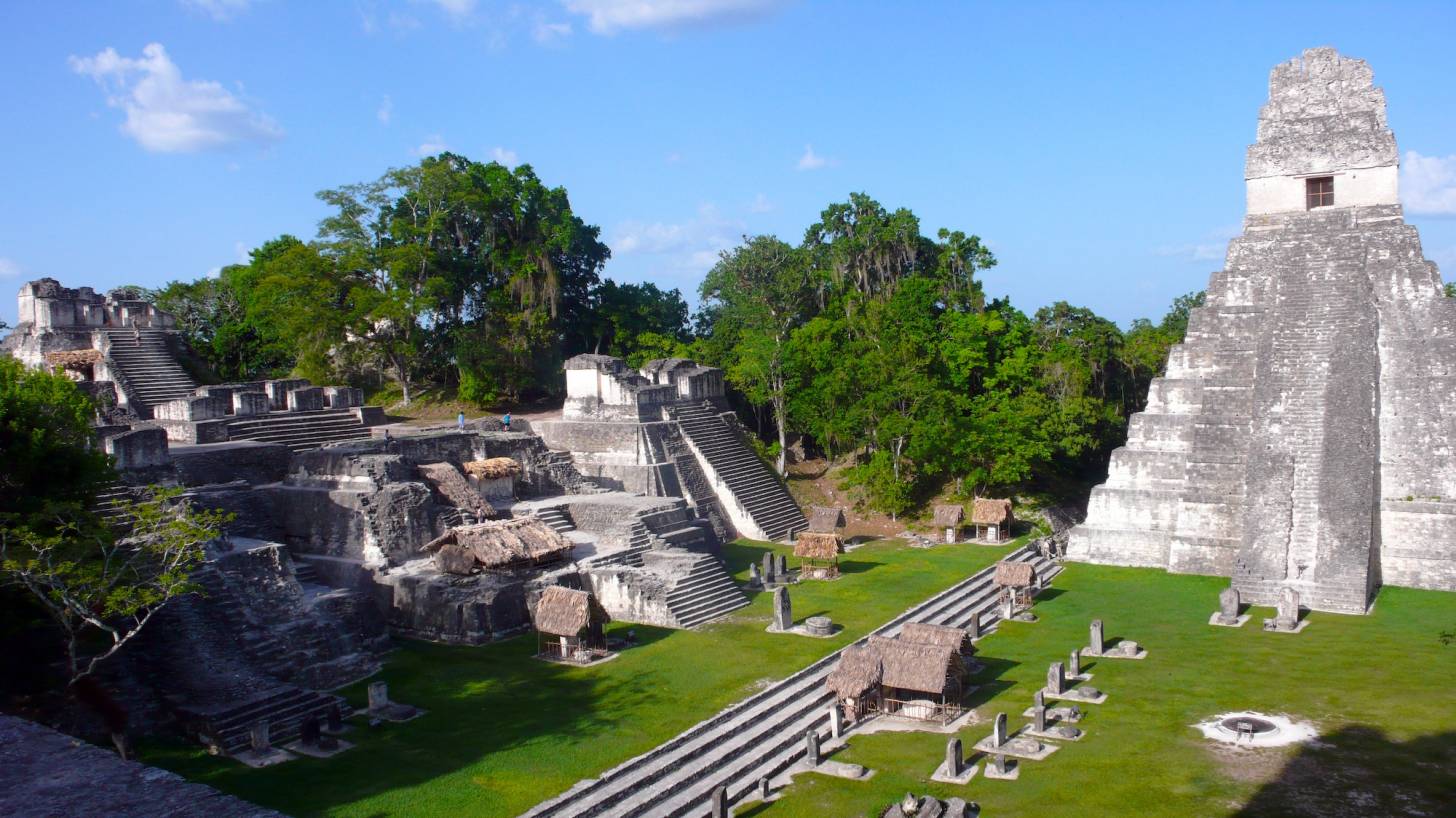
The Pan American Health Organization (PAHO) warned that Latin America and Caribbean countries are currently experiencing a new dengue virus epidemic cycle.
According to the latest PAHO epidemiological update, published on August 9, 2019, during the first 7 months of 2019, about 2,029,342 people contracted the dengue disease and 723 have died.
Of these dengue cases, 12,268 (0.6%) were classified as severe dengue, for which there is no approved treatment.
The PAHO countries of Honduras and Nicaragua have already declared national-level epidemiological alerts during 2019.
“The Region is experiencing a new epidemic cycle of dengue, with a notable increase in cases,” said Dr. Marcos Espinal, Director of PAHO’s Department of Communicable Diseases and Environmental Determinants of Health.
Forty percent of the world’s population, about 3 billion people, live in areas with a risk of dengue, says the PAHO.
An unfortunate characteristic of the current epidemic is that children under the age of 15 appear to be among the most affected.
In Guatemala, those under 15 years of age represent 52 percent of total cases of severe dengue, while in Honduras, they constitute 66 percent of all confirmed deaths.
According to Dr. Espinal in a press release, ‘this may be due to the fact that their age means they have been less exposed to the virus in the past and may, therefore, lack immunity.’
Dengue is caused by a virus that has four different but closely related, serotypes: DEN-1, DEN-2, DEN-3, and DEN-4, all of which circulate in the Americas, says the US Centers for Disease Control and Prevention (CDC).
When a person recovers from the infection, he acquires lifelong immunity against that particular serotype. However, subsequent infections caused by other serotypes increase the risk of acquiring more severe forms of dengue.
Dengue Serotype 2 is one of the deadliest and is the one currently affecting children and adolescents.
The 10 countries currently most affected by dengue, in terms of new cases per 100,000 inhabitants, are Nicaragua, Brazil, Honduras, Belize, Colombia, El Salvador, Paraguay, Guatemala, Mexico, and Venezuela.
In the USA, as of August 7, 2019, 216 dengue cases were reported to the CDC. During 2019, Florida, California and New York have reported the most dengue cases.
Given the situation, PAHO has already urged the entire community and all sectors of society to work together to eliminate mosquito breeding sites, particularly those around the home.
PAHO has also called for health professionals to be trained to diagnose and adequately manage patients with dengue and other arboviruses such as Zika and Chikungunya viruses.
The most common symptoms are high fever (40 °C), severe headache, pain behind the eyeballs, and joint and muscle aches. Warning signs of dengue that require urgent medical attention include severe abdominal pain, persistent vomiting, rapid breathing, bleeding from the mucous membranes, fatigue, irritability, and presence of blood in the vomit.
“The most effective way to combat it is to eliminate its breeding sites in order to prevent these mosquitoes from reproducing because without mosquitoes there would be no transmission of dengue,” said Dr. Espinal.
Our Trust Standards: Medical Advisory Committee


